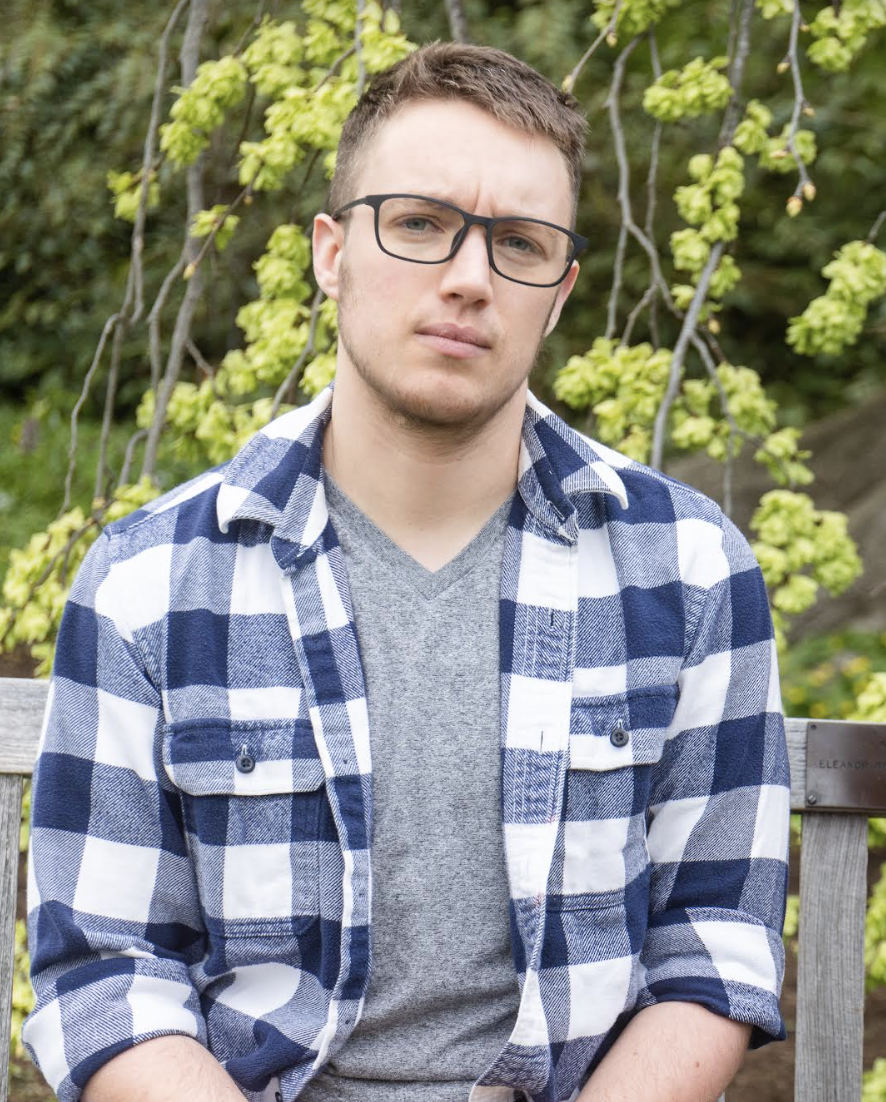Faculty
Ina Petkova
Assistant Professor Department of Mathematics
C.-M. Michael Wong
Lecturer and Research Associate Department of Mathematics
Ina Petkova is an Assistant Professor of Mathematics at Dartmouth College, working in low-dimensional topology. Her research is in knot theory, with focus on Heegaard Floer homology. She often uses algebraic techniques for studying the variant of Heegaard Floer homology for knots (knot Floer homology), by cutting a knot into pieces called tangles, and studying the individual pieces and their gluing. https://math.dartmouth.edu/~ina/
C.-M. Michael Wong is a postdoctoral Lecturer and Research Associate at Dartmouth College. His primary research interest is in low-dimensional topology, and specifically cobordisms of 3-manifolds, knots, links, and tangles. The main tools that he uses are various versions of Floer homology and related invariants. He also studies the connections between Floer theory and contact geometry. https://math.dartmouth.edu/~wong/
TA
Zach Winkeler
Graduate Student Department of Mathematics
Zachary Winkeler is a graduate student at Dartmouth College, and will be a Visiting Assistant Professor at Smith College in the fall. His research is in low-dimensional topology, specifically knot theory. Even more specifically, he studies knot homology theories and the relationships between them, using tools from homological algebra like filtrations and spectral sequences. He also enjoys various problems related to the effective computation of knot invariants. https://zach-winkeler.github.io/
SHUR Participants 2022
Mitchell Jubeir

Liam Knight

Noah Schwartz

Mitchell and Noah's work resulted in this paper.